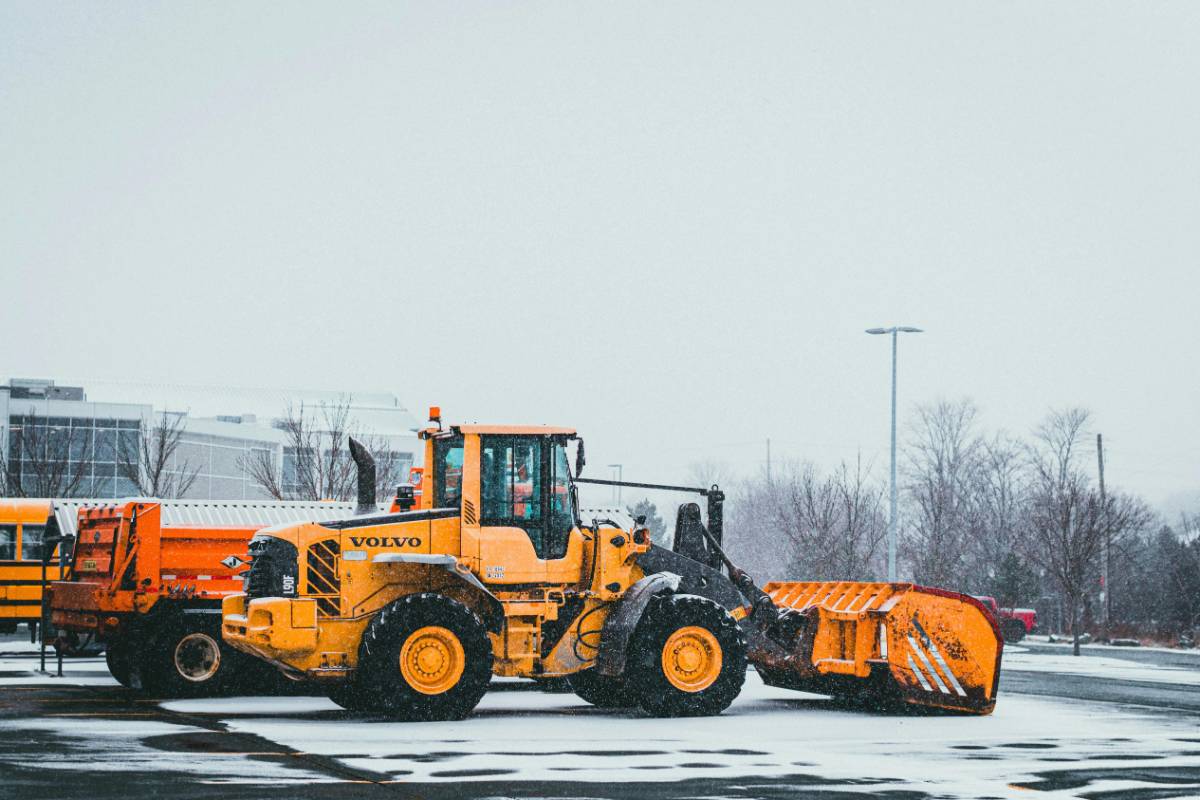
Truck Insurance for Owner-Operators: What You Need to Know
As an owner-operator, securing the right truck insurance is essential to protecting your vehicle, business, and livelihood. Unlike driving for a company, owner-operators are responsible for securing their own insurance coverage. This article outlines the key considerations and types of insurance you need to know about as an owner-operator in the trucking industry.
Why Truck Insurance is Crucial for Owner-Operators
Owner-operators face unique risks compared to company drivers, which makes insurance a crucial part of your business. As an independent contractor, you’re responsible for the operation of your vehicle, the cargo, and the safety of others on the road. Having the right insurance coverage can help mitigate risks and protect you from financial setbacks caused by accidents, cargo damage, or other unforeseen incidents.
Types of Insurance Coverage for Owner-Operators
Owner-operators typically require a combination of different insurance policies to adequately protect themselves and their business. The most common types of coverage include:
• Liability Insurance: This is mandatory for all commercial truck drivers. It covers the costs of damages you cause to others in an accident, including property damage and bodily injury.
• Physical Damage Insurance: This covers damage to your own truck, whether it’s caused by an accident, weather events, or vandalism.
• Cargo Insurance: This protects the goods you’re transporting in case of theft, damage, or loss. The type of cargo you haul will determine the specific coverage you need.
• Non-Trucking Liability Insurance: This coverage protects you when you're driving your truck for personal reasons, such as when you're off-duty or not hauling a load.
• Workers' Compensation: If you have employees, you’ll need workers' compensation insurance to cover any injuries that occur while on the job.
• Bobtail Insurance: This type of insurance covers your truck when it’s being driven without a trailer attached, such as when you're returning home after a haul.

How Much Does Truck Insurance for Owner-Operators Cost?
You might also like
1. Federal and State Requirements for Truck Insurance in the U.S.2. The Role of Government Programs in Affordable Insurance3. The Importance of Uninsured and Underinsured Motorist Coverage4. Open Enrollment: What You Need to KnowThe cost of truck insurance for owner-operators can vary greatly depending on several factors including your driving history, type of cargo, location, and the coverage you select. On average, owner-operators can expect to pay anywhere from $1,000 to $5,000 or more annually for insurance. Factors such as the age and model of your truck, annual mileage, and safety features will also play a role in the cost.
Do Owner-Operators Need Commercial or Personal Insurance?
Owner-operators need commercial truck insurance, as personal auto insurance does not cover the risks associated with driving a commercial vehicle. Commercial truck insurance policies are specifically designed to address the unique risks faced by truckers, including large cargo loads, long hauls, and the liability involved in transporting goods for businesses.
How to Save on Truck Insurance for Owner-Operators
While insurance premiums for owner-operators can be high, there are ways to lower your costs:
• Maintain a clean driving record: A history free of accidents and violations can help reduce your premiums.
• Increase your deductible: Opting for a higher deductible can lower your premium, but ensure you have enough savings to cover the deductible if needed.
• Bundle policies: If you need multiple types of coverage, bundling them with the same insurer may result in discounts.
• Shop around: Don’t settle for the first quote you receive. Compare different insurers to find the best rate for your coverage needs.
• Implement safety features: Installing safety equipment like anti-theft devices, cameras, or advanced braking systems can reduce premiums.
Legal and Regulatory Requirements for Owner-Operators
Owner-operators must comply with both federal and state regulations regarding insurance. In the U.S., the Federal Motor Carrier Safety Administration (FMCSA) requires a minimum amount of liability coverage depending on the type of cargo you carry, such as:
• $750,000 for general freight
• $1,000,000 for hazardous materials
• $5,000,000 for oil transportation
In addition to federal regulations, each state may have its own insurance requirements, so be sure to verify what is required in the state(s) where you operate.
Conclusion
Truck insurance for owner-operators is an essential aspect of protecting your business, vehicle, and livelihood. Understanding the various types of insurance coverage available and the factors that affect your premiums will help you make informed decisions when securing the right policy. By comparing insurers, maintaining a clean driving record, and ensuring compliance with regulations, you can safeguard your business and reduce the risk of financial loss on the road.
About the author
Mason Brooks is a seasoned finance writer with over 8 years of experience helping millennials and Gen Z take control of their money. With a background in economics and a passion for demystifying complex financial concepts, Ananya shares actionable tips on budgeting, investing, and building long-term wealth. Her mission is to make financial literacy accessible, relatable, and empowering — no jargon, just smart money moves.


